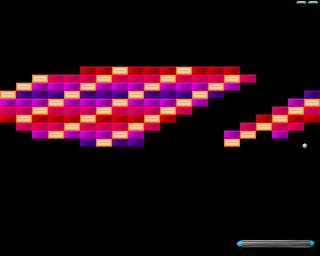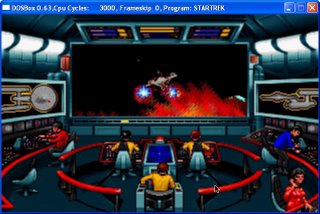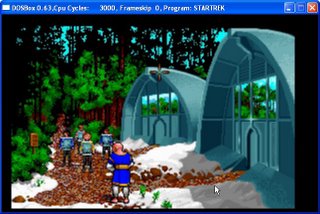 According to the ever-useful nasaspaceflight.com website, NASA is close to naming the new Exploration fleet (much like how F-15s and F/A-22s are called Eagles and Raptors): Ares I and Ares V for the new Crew Launch Vehicle and Cargo Heavy Lifter, respectively; Artemis for the lunar descent module, and Altair for the Crew Exploration Vehicles. The only name that I think could use some improvement is Altair. Its fine as far as it goes, but the name of a star doesn't really fit with the mythological theme of the others and previous programs like Mercury, Gemini, and Apollo. Plus, as a coworker pointed out, Altair is also the name of the ship that always seems to explode before the Enterprise can get there. I guess I would have picked something slightly more mythology-related, like Pegasus (NASA's preferred name for the vehicle class that President Nixon personally named the Space Shuttle) or Valkyrie. Of course, I think that something a bit more evocative, like Intrepid (my personal favorite), would have been highly appropriate, too.
According to the ever-useful nasaspaceflight.com website, NASA is close to naming the new Exploration fleet (much like how F-15s and F/A-22s are called Eagles and Raptors): Ares I and Ares V for the new Crew Launch Vehicle and Cargo Heavy Lifter, respectively; Artemis for the lunar descent module, and Altair for the Crew Exploration Vehicles. The only name that I think could use some improvement is Altair. Its fine as far as it goes, but the name of a star doesn't really fit with the mythological theme of the others and previous programs like Mercury, Gemini, and Apollo. Plus, as a coworker pointed out, Altair is also the name of the ship that always seems to explode before the Enterprise can get there. I guess I would have picked something slightly more mythology-related, like Pegasus (NASA's preferred name for the vehicle class that President Nixon personally named the Space Shuttle) or Valkyrie. Of course, I think that something a bit more evocative, like Intrepid (my personal favorite), would have been highly appropriate, too.Another good idea would have been to have a contest for schoolchildren, like the one that got OV-105 named Endeavour (apparently beating out Calypso and Victoria). Still, I'm glad that we're finally getting decent names for these vehicles. It's really hard to get students excited about riding on something called a "Crew Exploration Vehicle" which is attached to a "Crew Launch Vehicle" and rendevous with a "Cargo Launch Vehicle".









